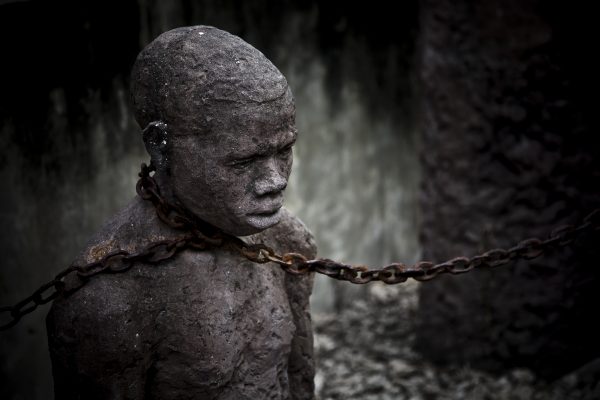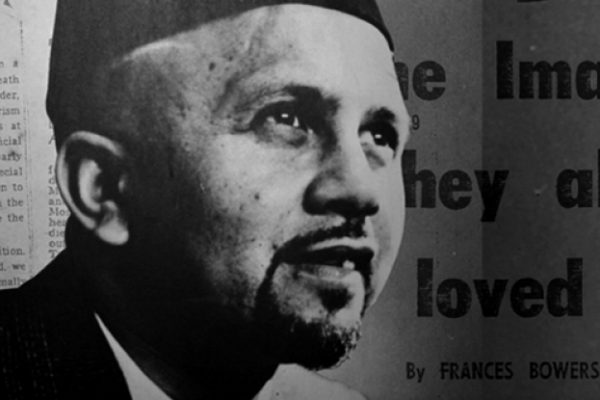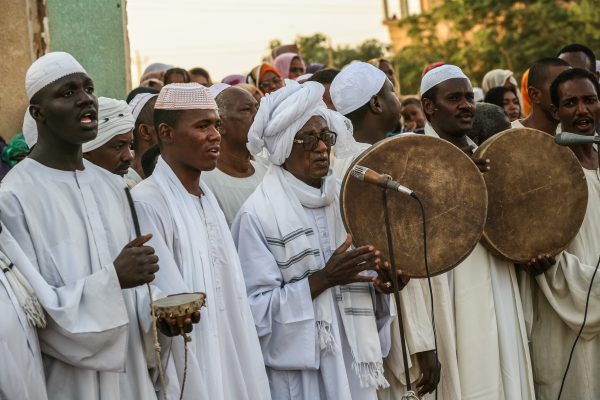There are about 50 Chinese embassies in all the 54 African countries. Muslim activists can organize protests and solidarity walks to these offices to mount pressure on the envoys regarding the religious rights of the Uyghur Muslims back in China.
There are about 50 Chinese embassies in all the 54 African countries. Muslim activists can organize protests and solidarity walks to these offices to mount pressure on the envoys regarding the religious rights of the Uyghur Muslims back in China.
Since 2017, China has been accused by the international community of arbitrarily detaining more than one million Uyghur Muslims at incarceration camps, while imposing strict surveillance on those within and outside the region. Human rights organizations say those in detention are put into indoctrination programs and are forced to renounce their Islamic faith.
There’s now palpable fear that with the COVID-19 pandemic, the crackdown may skyrocket as a result of the media blackout as well.
According to Chinese authorities, Islam is a foreign religion and it was imposed by force on the Uyghurs. The Chinese are showing the outside world that Islam is causing much trouble in Xinjiang, since it was a source of “extremism and terrorism”. In Article 4 of “The Xinjiang Regulation on De-extremification”, the practicing of Islam is totally outlawed.
Reading the Holy Quran in groups, teaching children about Islam, wearing religious clothing, or watching religious shows is punishable with imprisonment or long time “re-education” at the “Vocational Training Centers” for Uyghurs in China. The Vocational Training Centers are nothing close to schools, but are instead mass detention centers.
There have been reports of Muslim restaurants that are forced to sell alcohol while Uyghur women are coerced to marry Chinese. Some women detainees have shared stories of sexual abuse with some saying they are forced to take contraceptives against their will.
After a visit to China last August, Muslim scholar and journalist, Olsi Jazexhi, while commenting on the voyage said, “After coming back from Xinjiang, as a Muslim and journalist that I am, I would like to tell the Muslim world that the ‘outcomes of counterterrorism and deradicalization’ measures that China is doing in Xinjiang have been the total prohibition of Islam and mass persecution of Muslims. However, my findings prove that China is persecuting the Uyghurs only because they believe in Islam and are Muslims,” he asserted.
Despite this, in a letter to the United Nations Human Rights Council last year, many global Muslim states including Qatar, Pakistan, and Saudi Arabia commended China for protecting human rights, turning a blind eye to the reality that religious rights are also human rights.
What made the aforesaid letter pathetic is seeing the names of some African countries like Burundi, Eritrea, Nigeria, Sudan, Egypt, Algeria, and Somalia as signatories. The gesture of these African countries can never be unconnected with the fact that they have secured billions of dollars from China for financing infrastructure projects despite knowing that more than one million Uyghur Muslims are forcibly detained in internment in the northwestern Xinjiang region of China.
What Can African Muslims Do?
Keeping mute over an issue is not an option, especially when fellow Muslims are being oppressed. Boycotting some products that are by companies that forced Uyghurs to work for them will be a deadly blow to their businesses – and this must be taken seriously.
According to the ASPI report, there are strong indications that some 80,000 Uyghurs have been forced to work in factories that form supply chains of at least 83 global brands. This action flagrantly breaches international laws but these brands are not willing to stop. A boycott will make them.
There are about 50 Chinese embassies in all the 54 African countries. Muslim activists can organize protests and solidarity walks to these offices to mount pressure on the envoys regarding the religious rights of the Uyghur Muslims back in China.
African Muslims should and must devise strategies by which they would use to force China to stop its Islamophobic policies.
In situations when protests are not possible, activists can write a series of letters to Chinese embassies and the UNHRC to draw the attention of the international community on the rights violations being meted against Uyghur Muslims.
Finally, now that social media has become an essential part of us, Muslims from Africa can create hashtags to express their support for the oppressed Muslims of Xinjiang on Twitter, Facebook, Tik Tok, the list goes on. African Muslims, from a continent of such immense power and influence, must help in raising awareness about the horrendous human rights abuses being committed against our fellow Uyghur brothers and sisters.





